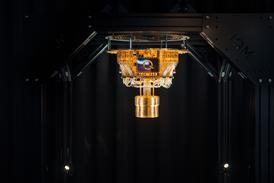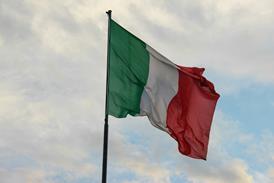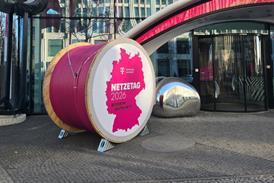- Telcos
- Network & IT
- Infra
- People
- Finance & Strategy
- Events
- Regions
- Thought Leadership
 Moving fast to fix things: how AI-driven network assurance is reshaping global telecoms
Moving fast to fix things: how AI-driven network assurance is reshaping global telecoms Closing the reality gap: vHive now validating mobile towers in real-time, on-site
Closing the reality gap: vHive now validating mobile towers in real-time, on-site IQM sees more telco quantum opportunities in wake of Telefónica-CESGA deal in Spain
IQM sees more telco quantum opportunities in wake of Telefónica-CESGA deal in Spain Celfocus data chief: telcos must balance optimism with pragmatism to power up AI
Celfocus data chief: telcos must balance optimism with pragmatism to power up AI
- Premium
- TelcoX EMEA Leadership & Performance Study
Close menu
- Home
- Telcos
- Network & IT
- Infra
- People
- Finance & Strategy
- Events
- Regions
- Thought Leadership
- Premium
- TelcoX EMEA Leadership & Performance Study
Port top-up ordered by Vodafone; rival Nowo imbibed
Richard Agnew2022-10-03T13:55:00

Source: Unsplash / Rohit Tandon
Some rare news of incoming M&A at retrenching UK Group, with a small add-on buyout of Portuguese rival Nowo.
This is Subscription-Only Content. Subscribe to continue reading
Already a subscriber? Sign in here, or contact us to check if your company has access.

Become a TelcoTitans Subscriber Today
Stay ahead and get access to the telco and digital infra content that matters to you.
TelcoTitans subscriptions include access to:
- TelcoTitans’ industry-leading telco and digital infra news, insight, and analysis
- Infrawatch, Eventwatch, and Telcofutures content
- Subscriber-only weekly newsletter briefings and breaking news alerts
- And so much more!
“Super intelligence, consistently high quality, and easy to digest” – Partner, Deloitte.




















